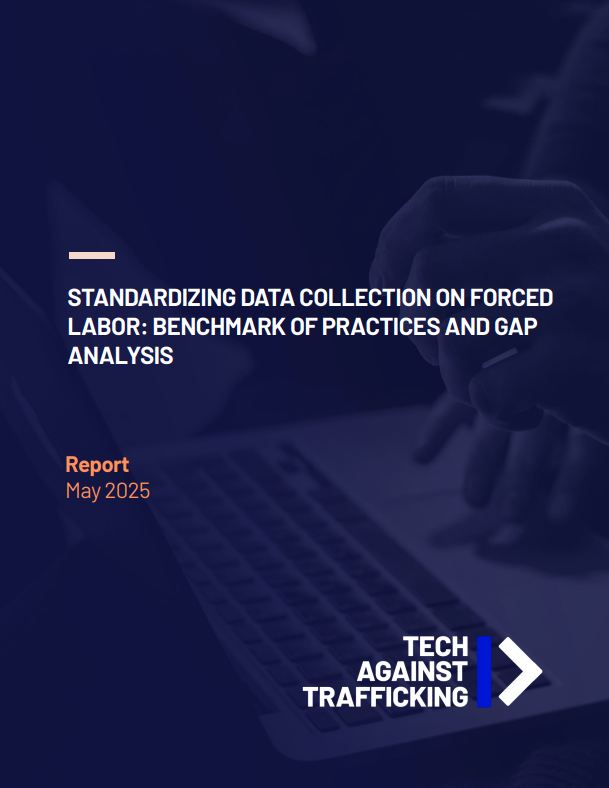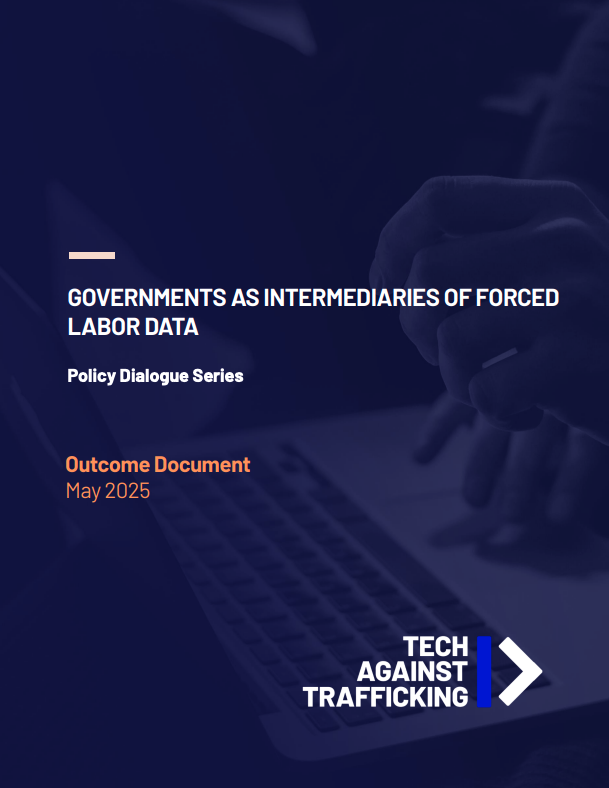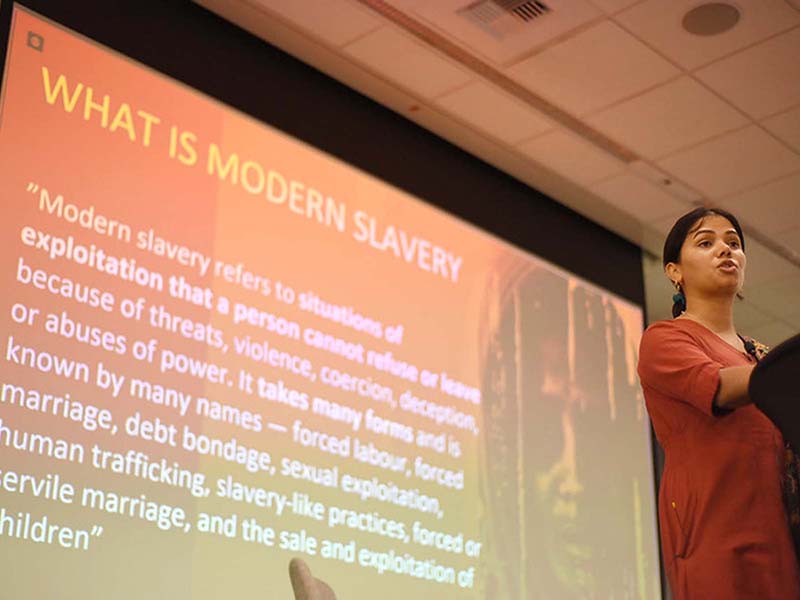Authors
-

Global Lead, Human Trafficking and Forced Labor, Collaborations and Partnerships, BSR
-

Human Rights Lead, Collaborations and Partnerships, BSR
As businesses and public sector actors work to prevent, detect, and address forced labor, collecting data on risks and indicators can be complicated due to a lack of clear guidance and standardization. What key challenges do companies face, and how can data collection approaches be simplified to inform meaningful action?
Two new reports from BSR Collaborative Initiative Tech Against Trafficking (TAT) shed light on how public and private sectors collect forced labor data and highlight opportunities to drive greater standardization, based on a year of research and collaboration. The first report, Standardizing Data Collection on Forced Labor: Benchmark of Practices and Gap Analysis, examines practical examples in collecting forced labor data points across private sector value chains. The second publication, Governments as Intermediaries of Forced Labor Data, summarizes insights from a policy dialogue series with government and intergovernmental stakeholders, which TAT conducted in 2024.
Access TAT's press release to learn more about these reports and the initiative's next steps on forced labor data standardization.
Standardizing Data Collection on Forced Labor: Benchmark of Practices and Gap Analysis Governments as Intermediaries of Forced Labor Data
 Standardizing Data Collection on Forced Labor: Benchmark of Practices and Gap Analysis
Standardizing Data Collection on Forced Labor: Benchmark of Practices and Gap Analysis
 Governments as Intermediaries of Forced Labor Data
Governments as Intermediaries of Forced Labor Data
BSR’s latest sustainability insights and events straight to your inbox.
Topics
Collaborative Initiatives
Let’s talk about how BSR can help you to transform your business and achieve your sustainability goals.








